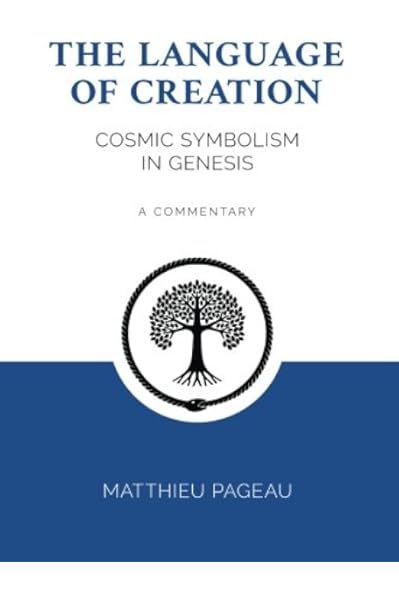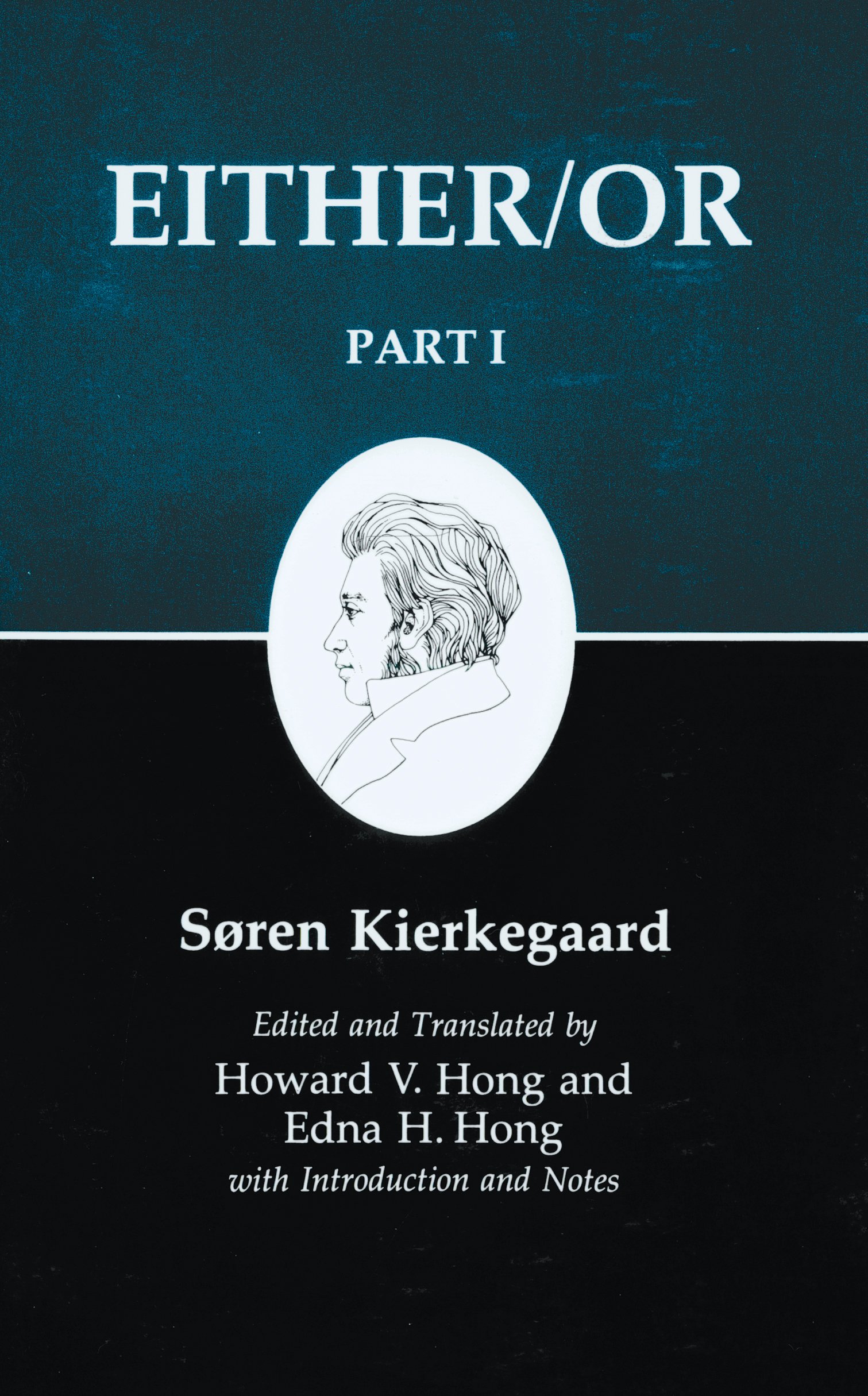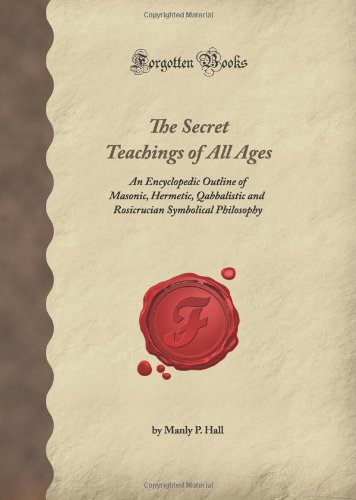- Joined
- Nov 14, 2013
- Messages
- 1,835
- Reaction score
- 2,126
Parallel WorldsMichio Kaku is definitely on my list. Do you have a favorite of his to recommend starting with?
Parallel WorldsMichio Kaku is definitely on my list. Do you have a favorite of his to recommend starting with?
I read parts of it when I was younger. Don't remember much of it tbh.Anyone ever read The Satanic Bible?
I have not, and don't plan to. Just a honest question.
the language of creation has some serious problems that need addressing man. he seems to be implying that you can operate from a set of principles and use that to correctly interpret the meaning behind ANY symbolic representation in the world from any religion. this is absurdly wrong and false.... just a simple delving into indigenous spirituality and its use of symbolic meaning shows that cultural and regional differences lead to absolutely contradictory symbolic meanings.
for the 10 time or so



finished writing my first book I took all the way a few months ago (I did make it through 2 revisions of a previous book before scrapping it).
almost done with first draft of second book. (and actually made a whole outline for a book i decided I didn't want to write and scrapped it)
note taking begun for 3rd book
Sweet. I found Manly about a year ago. Been using his lectures on youtube to nap to, totes puts me to sleep.
i read it on my phone before i go to sleep and usually puts me right out quick better than any sleeping pill
symbolic representation in the world from any religion.
.
Not finished yet but where is this? Seems pretty judeo-christian specific to me.
I was listening to some of his stuff a little while back it’s pretty wild how much content he has in the public domain it would take a long time to go through it all earnestly. Good stuff.Sweet. I found Manly about a year ago. Been using his lectures on youtube to nap to, totes puts me to sleep.


Reading the Three Kingdoms now, that one is my next. I hope to read all four Chinese classic novels.Journey to the West
Had never read any Chinese literature. I'm enjoying the adaptation I got.
Same, but I'll probably spread them out.my wife bought me 3 of them but I haven't decided what to read next for the Chinese classics. Going to shift a bit and read one of the newer Tim Dorsey books as I'm a few behind.Reading the Three Kingdoms now, that one is my next. I hope to read all four Chinese classic novels.
Cool, I am a big Chinese history and culture fan so I will probably just hop right into the next lol.Same, but I'll probably spread them out.my wife bought me 3 of them but I haven't decided what to read next for the Chinese classics. Going to shift a bit and read one of the newer Tim Dorsey books as I'm a few behind.
I was worried it would be hard to read but that wasn't the case at all. I'm nearly done now and I've throughly enjoyed it.Cool, I am a big Chinese history and culture fan so I will probably just hop right into the next lol.
Ya, im 3/4 through and it has been a surprisingly smooth read. I was worried that it would be like reading the Illiad or something but its really not like that at all even though you can tell its an old book.I was worried it would be hard to read but that wasn't the case at all. I'm nearly done now and I've throughly enjoyed it.
Astrophysics for People in a Hurry by Neil deGrasse Tyson currently.
Love all things space. Pretty interesting so far. I got this book and Death by Black Hole for a $1 a piece at a thrift store, they were brand new.
